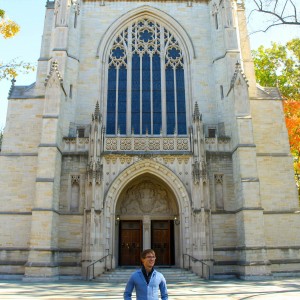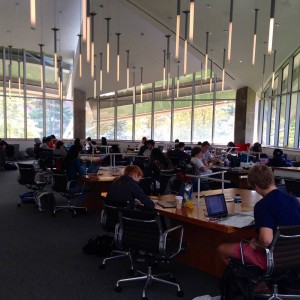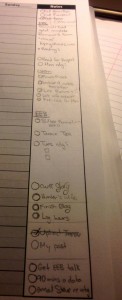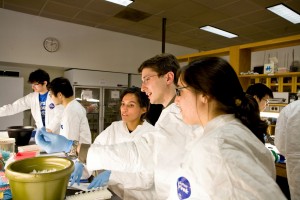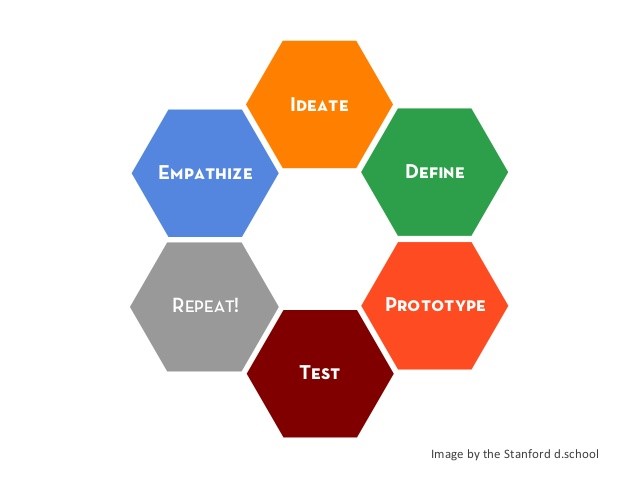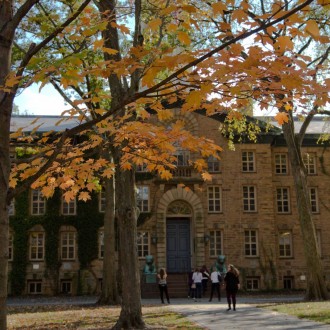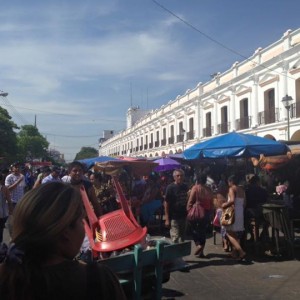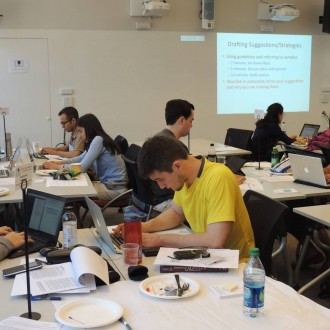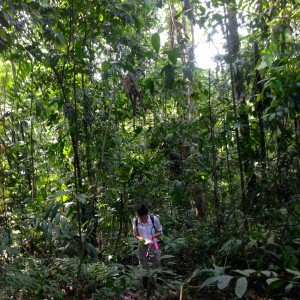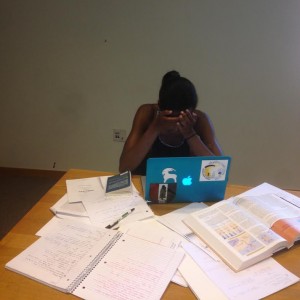Over the course of the semester, PCURs will explain how they found their place in research. We present these to you as a series called The Project That Made Me a Researcher. As any undergraduate knows, the transition from ‘doing a research project’ to thinking of yourself as a researcher is an exciting and highly individualized phenomenon. Here, Vidushi shares her story.
~~~~~~
“Walk around the classroom,” he said, without glancing up from the class roster, “and select a photo. Choose carefully.”
A slight murmur arose in my high school US history classroom as we slung our backpacks in a corner and surveyed the U-shaped desks papered with old ink photographs. My teacher, a stout volunteer firefighter with a white-flecked beard, gave away only a slight smile. As he called time, I hastily grabbed a picture of a judgmental-looking man in tortoise-shell glasses.
“The picture in your hands will be the subject of your semester-end term paper,” my teacher announced. “Choices are final.”
Thus began the first project that made me feel like a researcher, and one of the most valuable intellectual experiences I had in high school.
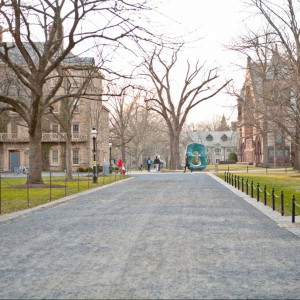
Continue reading The Project That Made Me a Researcher: Beatniks, Buddhists, and Me



